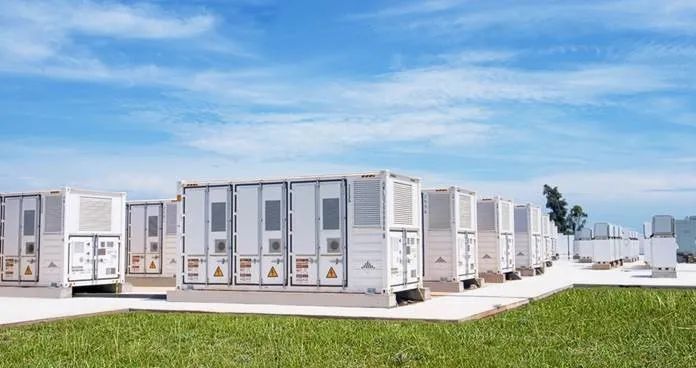Eku Energy, jointly owned by Macquarie Group's (MQG.AX), opens new tab green investment fund and Canadian pension fund British Columbia Investment Management, in April announced its first project in Japan to build a 30 megawatts/120 MWh battery energy storage system in Miyazaki prefecture on the southern island of Kyushu.
As resource-poor Japan expands renewable energy to meet decarbonisation goals and enhance energy security, battery usage is expected to rise to smooth out the intermittent supply of solar and wind energy.
Eku Energy has agreed a 20-year offtake agreement for the latest project with utility Tokyo Gas (9531.T), opens new tab.
Construction is scheduled to begin later this year, with an aim to begin operation in July 2026. It is capable of storing enough electricity to power about 63,000 households for four hours.
"We are targeting to expand our battery energy storage system capacity worldwide to 9 GWh by 2028, up from the current around 1.3 GWh already in operation or announced," Kentaro Ono, Eku Energy Japan's managing director, told Reuters last week.
The company is developing energy storage in Britain, Australia, Italy and Japan.
There is no Japan-specific target, but Eku Energy aims to develop a significant number of projects because the country is the world's fourth-largest electricity consumer and a power trading market system is being put in place, Ono said.
Battery storage is expanding rapidly worldwide, led by China and the United States. Japan, which lags behind, is expected to see growth thanks to government support and institutional changes such as the development of a market for adjusting electricity supply and demand.
In Japan, as renewable energy deployment expands, output cut requests from utilities to balance power supply and demand have become more frequent nationwide, wasting potential clean energy that could otherwise be utilised.
